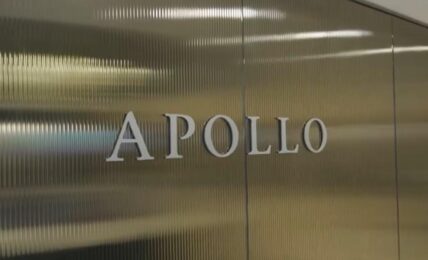UK-based multinational grocery retailer Tesco announced a series of new climate-focused commitments, including interim goals to reduce Scope 3 emissions originating in its supply chain at the forest and agricultural level, and a target to reduce absolute Scope 1 and 2 emissions from its own operations by 85% by 2030.
The new targets form part of the company’s goals, set in 2021, to reach net zero in its operations by 2035, and across its value chain by 2050.
Tesco’s new value chain goals include targets to reduce absolute Scope 3 emissions from energy and industrial sources by 55% and forests, land and agriculture (FLAG) emissions by 39% by 2032, from a 2019 baseline.
Food and beverage sector emissions account for about a third of global GHG emissions and are among the most difficult to address, with the vast majority coming from the supply chains of food and beverage companies, rather than from “direct” emissions from the companies’ operations.
According to Tesco’s most recent sustainability report, more than 90% of the company’s emissions footprint originates in its value chain, including more than half of emissions generated from the production of the products it sells.
The company outlined some of the initiatives it will pursue under the “improve our products” category of its ‘Planet’ sustainability agenda to help address its supply chain emissions, including achieving 100% deforestation free across all primary risk commodities by 2025, rolling out sustainable agriculture innovations such as low carbon fertilizers among key vegetable suppliers, and having suppliers commit to a net zero ambition by the end of 2023.
Additional categories under Tesco’s Planet agenda include decarbonizing transport, reducing store emissions, supporting sustainable consumption, eliminating waste, and protecting nature.
The company also announced that its new goals have been validated by the Science Based Targets initiative (SBTi), making Tesco one of the first retailers globally to have SBTi approved targets, and one of the first companies globally to have specific FLAG targets validated by the SBTi.
Ken Murphy, Tesco Group Chief Executive said:
“We’ve led the way on action on climate change, from adopting 100% renewable electricity across the Group, to scaling innovations in our supply chains. We now must work even harder, in collaboration with our suppliers and partners, to achieve our goals. These ambitious targets, validated by the Science Based Targets Initiative, now provide us with a clear roadmap of action over the next ten years and beyond.”

